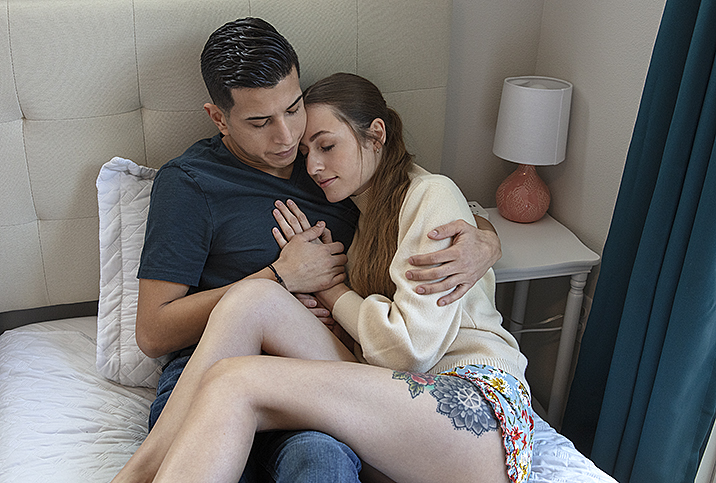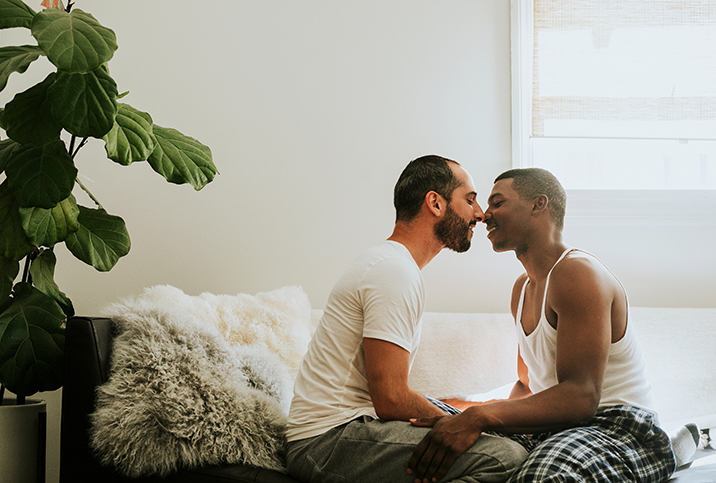Time to Face Facts: Staying Single Can Be Expensive

When my ex-boyfriend and I finally ended our rocky relationship, it was a little sad and somewhat of a relief.
Mostly, though, it was expensive. Moving out of his house and into a 549-square-foot one-bedroom of my own meant hastily decking the place out with cheap furniture I ordered online—and doubling my monthly rent payment.
Cheap(er) rent and nice(r) furniture may seem like lame reasons to draw out a relationship marred by bickering, but I'm not the only person who's ever stayed in a relationship for financial reasons. In fact, new research from Forbes Advisor indicated as many as one-third of Americans admit to having done this.
About the research
In the survey of more than 1,000 single and non-single adults in the United States, conducted by market research company Prolific, 1 in 3 participants confessed they have stayed in a relationship longer because of its financial benefits. In addition, 93 percent of participants acknowledged the burden of the "singles tax."
"The singles tax refers broadly to financial burdens incurred by people who are single, as opposed to those in a relationship or married," explained Mark LoCastro, head of press relations and communications for Forbes Advisor, an editorial team that examines finances and financial products for the Forbes website, based in New York City.
"The singles tax can refer to anything from tax advantages for married people to opportunities for shared expenses like rent, groceries, car payments, digital subscriptions, hotels and more," he added.
The Forbes Advisor survey also found:
- 59 percent of singles said inflation has made the singles tax even worse.
- 76 percent of married participants feel they're more financially secure since getting hitched.
- 85 percent believe people in a relationship are better off financially than single people.
- 14 percent of people admit to remaining in a relationship because their partner was financially supporting them.
How being single costs more
LoCastro noted that the cost of being single shows up in a few different ways.
"Singles who live alone generally pay a premium to rent places to live and cover household bills themselves," he said. "They also have fewer tax breaks than their married counterparts."
Couples who live together can split the cost of rent, as well as electricity, internet and other utilities. In addition, couples who are married can file joint tax returns and earn a bigger tax break.
However, even the most compelling financial benefits aren't a reason to remain in an unhealthy relationship, according to Judi Leahy, a senior wealth advisor at Citi Personal Wealth Management in New York.
"The cost of an unhealthy relationship is always more expensive than facing your finances alone," she told Forbes Advisor.
Survey results underscored this idea: 41 percent of participants said they had been in a relationship they considered "financially draining," and 59 percent believed the opportunity to avoid financial strife with a partner was worth the price of a singles tax.
How to minimize the impact of a singles tax
If you're feeling financially fettered by your singlehood, LoCastro shared the following advice.
"If possible, splitting expenses with other people is a great way to reduce the financial burden," he said. "Our survey found that 35 percent of singles split some expenses with other people, including parents, roommates or siblings."
Leahy agreed, suggesting working toward paying off debt and creating a budget.
"As we navigate the current economic environment and an inflated cost of living, this is an opportune time to check in on your finances and reevaluate your goals, single or not," she told Forbes Advisor.


















